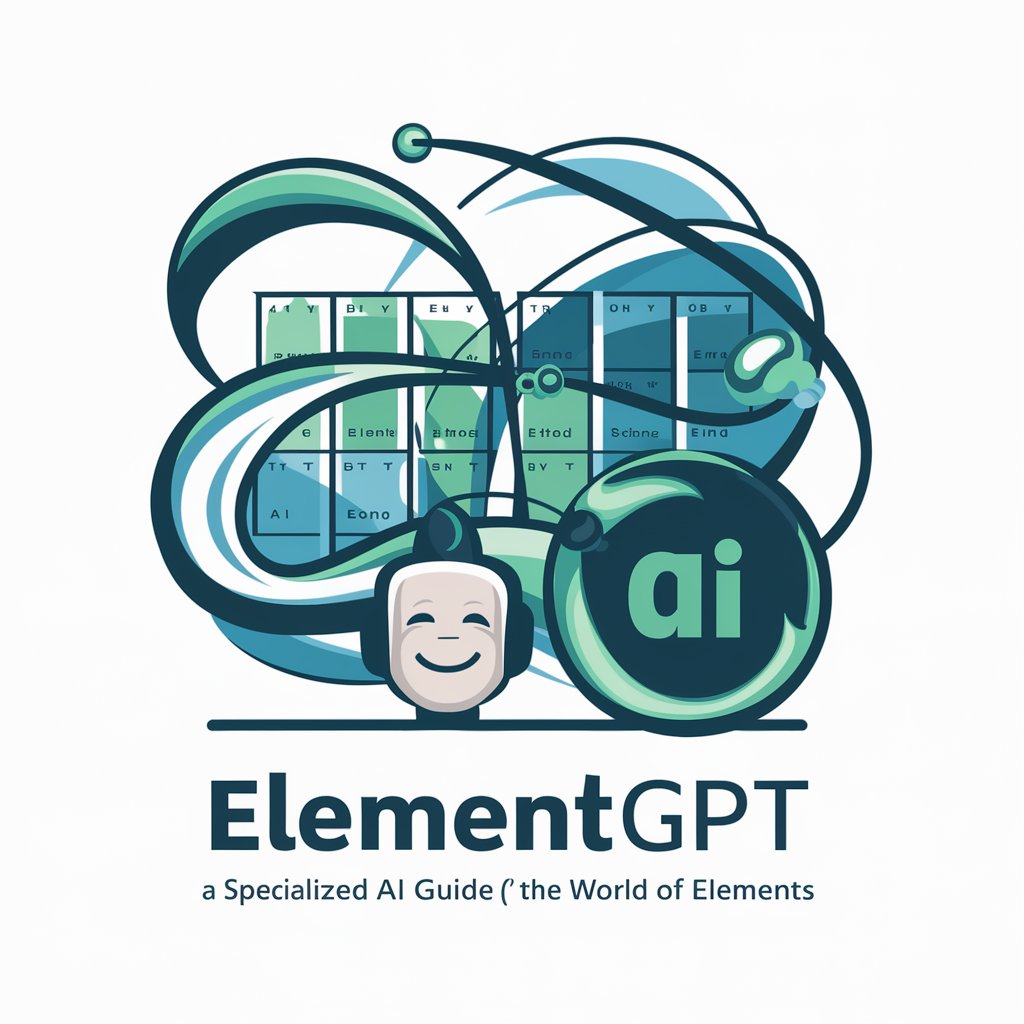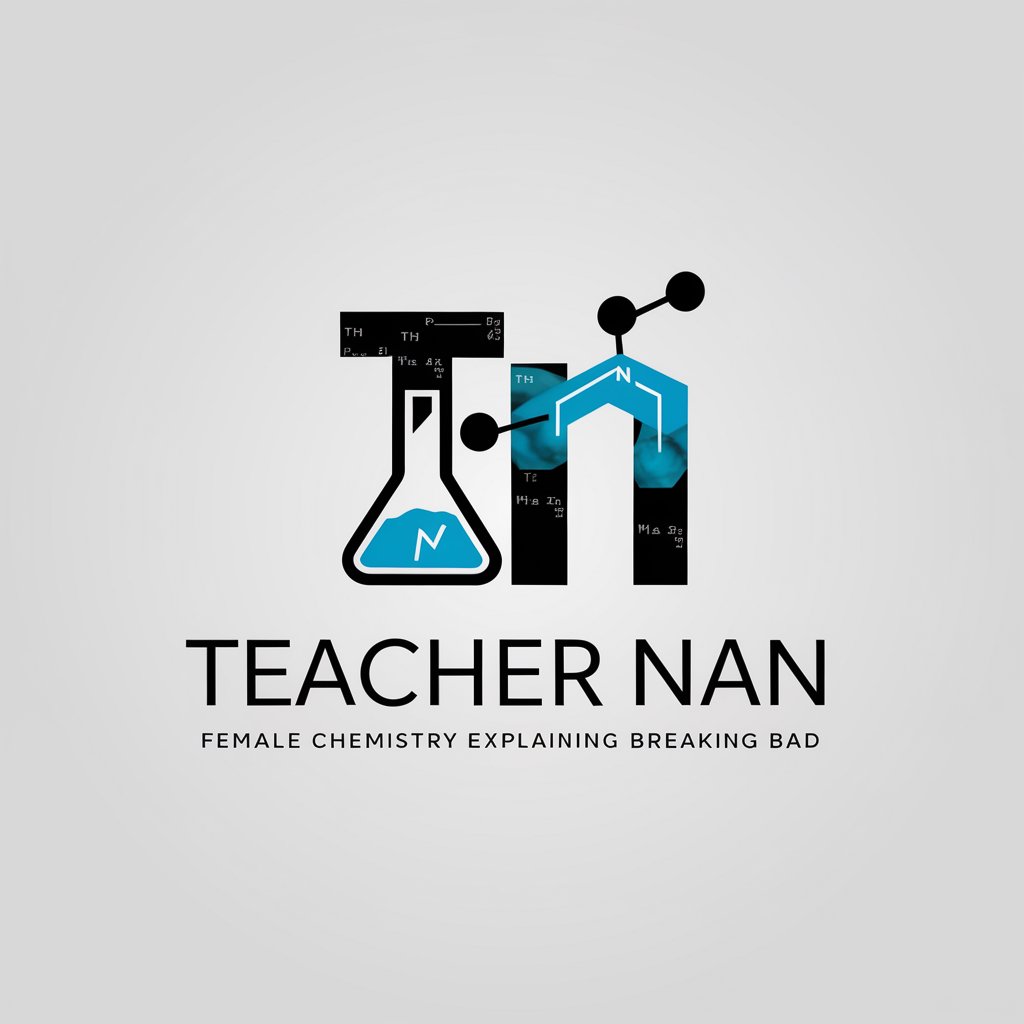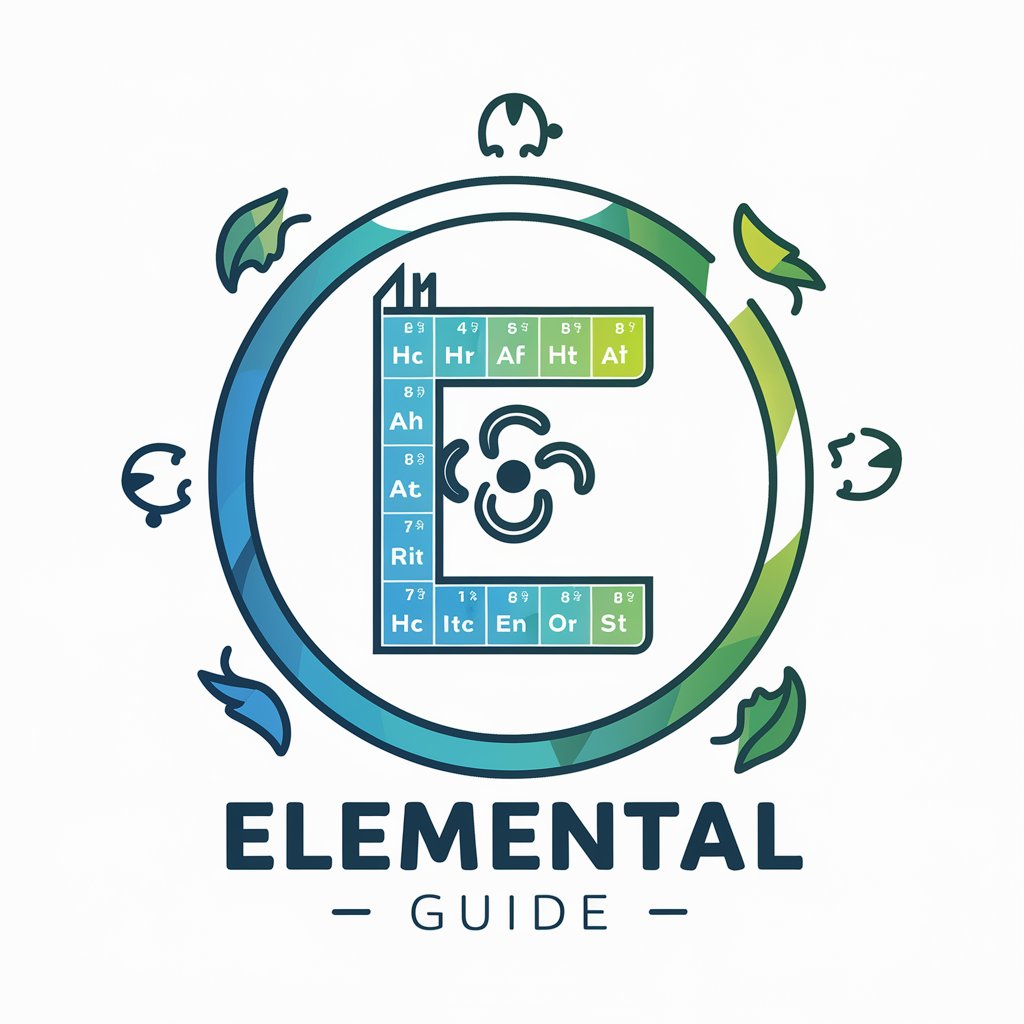6 GPTs for Chemistry Education Powered by AI for Free of 2026
AI GPTs for Chemistry Education are advanced computational tools designed to facilitate learning, teaching, and research in the field of chemistry. Leveraging Generative Pre-trained Transformers, these AI models offer tailored solutions, enabling users to explore chemical concepts, solve problems, and conduct experiments through interactive and intelligent platforms. They bridge the gap between complex chemical theories and practical understanding, making chemistry more accessible and engaging.
Top 6 GPTs for Chemistry Education are: Lively Bilingual Student Guide,ToxiMon Creator,Créer des QCM de chimie,ElementGPT,Teacher 楠,Elemental Guide
Lively Bilingual Student Guide
Empowering students with AI-driven learning guides.

ToxiMon Creator
Learn About Toxicants with AI-Created Characters

Créer des QCM de chimie
Simplify chemistry learning with AI

ElementGPT
Discover the Elements with AI

Teacher 楠
Demystifying Chemistry Through 'Breaking Bad'

Elemental Guide
Master the Periodic Table with AI

Unique Characteristics and Capabilities of AI in Chemistry Education
AI GPTs for Chemistry Education are distinguished by their adaptability to various educational levels and needs, from basic chemistry principles to advanced research topics. Key features include interactive problem-solving, real-time feedback on queries, personalized learning paths, and the ability to simulate experiments. Additionally, these tools can process and analyze chemical data, support language learning for non-native speakers, and integrate with technical platforms for enhanced learning experiences.
Who Benefits from AI-Powered Chemistry Education?
The primary users of AI GPTs for Chemistry Education include students at all educational levels, educators seeking innovative teaching methods, and researchers requiring analytical support. These tools are designed to be user-friendly for those without coding experience while offering advanced customization for tech-savvy users, making them suitable for a wide range of audiences interested in exploring the field of chemistry.
Try Our other AI GPTs tools for Free
Amenities Comparison
Discover how AI GPTs for Amenities Comparison transform decision-making with advanced analytics, tailored insights, and user-friendly interfaces, designed for both novices and professionals.
Procedure Optimization
Discover how AI GPTs for Procedure Optimization can revolutionize your workflows, enhancing efficiency and effectiveness with tailored AI solutions.
Science Ventures
Explore the cutting-edge AI GPT tools designed for Science Ventures, accelerating innovation and research with advanced AI capabilities.
Electronic Brands
Discover how AI GPTs transform the electronics industry with tailored solutions for customer service, product development, and more, enhancing efficiency and innovation.
Innovation Integration
Discover how AI GPTs for Innovation Integration can transform your creative processes, offering tailored solutions for idea generation, technical support, and data analysis.
ACMG Guidelines
Discover how AI GPTs for ACMG Guidelines revolutionize genomic analysis with tailored, efficient solutions for genetic variant interpretation and personalized medicine.
Expanding the Horizons with AI in Chemistry Education
AI GPTs are revolutionizing the way we approach chemistry education by providing dynamic, interactive, and personalized learning experiences. Their integration into educational systems offers the potential to significantly enhance student engagement and understanding, pave the way for innovative research methodologies, and streamline the educational process through technology.
Frequently Asked Questions
What exactly are AI GPTs for Chemistry Education?
AI GPTs for Chemistry Education refer to artificial intelligence tools that use generative pre-trained transformer models to provide educational support, data analysis, and interactive learning experiences in the field of chemistry.
How can AI GPTs assist in learning chemistry?
They offer personalized learning experiences, provide real-time feedback, simulate chemical experiments, and facilitate the understanding of complex concepts through interactive engagement.
Are these tools suitable for beginners in chemistry?
Yes, AI GPTs are designed to cater to all levels of proficiency, including beginners, by adapting the complexity of their responses and support to the user's level of understanding.
Can educators integrate AI GPTs into their teaching methods?
Absolutely, educators can leverage these AI tools to create more interactive and engaging learning environments, offer personalized support to students, and enhance their teaching methods with advanced technological solutions.
Do AI GPTs for Chemistry Education require coding skills to use?
No, these tools are developed with user-friendly interfaces that do not require coding skills for basic operations, making them accessible to a wide audience.
How do AI GPTs handle complex chemical data analysis?
AI GPTs can process and analyze complex chemical data, providing insights, predictions, and interpretations to support research and learning.
Can these tools simulate chemical experiments?
Yes, one of the remarkable features of AI GPTs for Chemistry Education is their ability to simulate chemical experiments, offering a safe and cost-effective way to explore chemical reactions and processes.
Are there customization options for advanced users?
Yes, advanced users with programming expertise can customize these AI tools to suit specific educational or research needs, enhancing their functionality and application in various chemistry-related tasks.